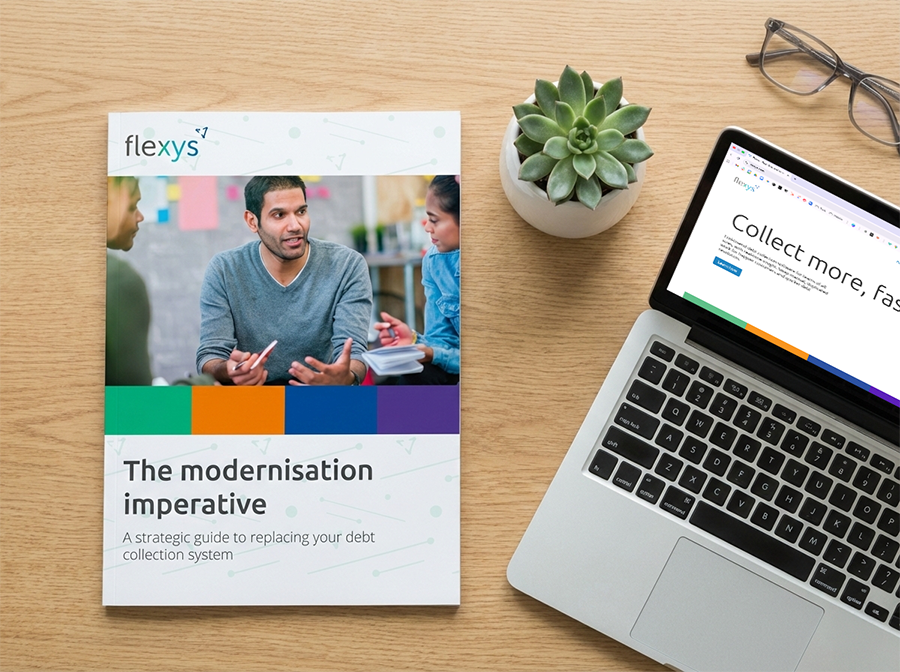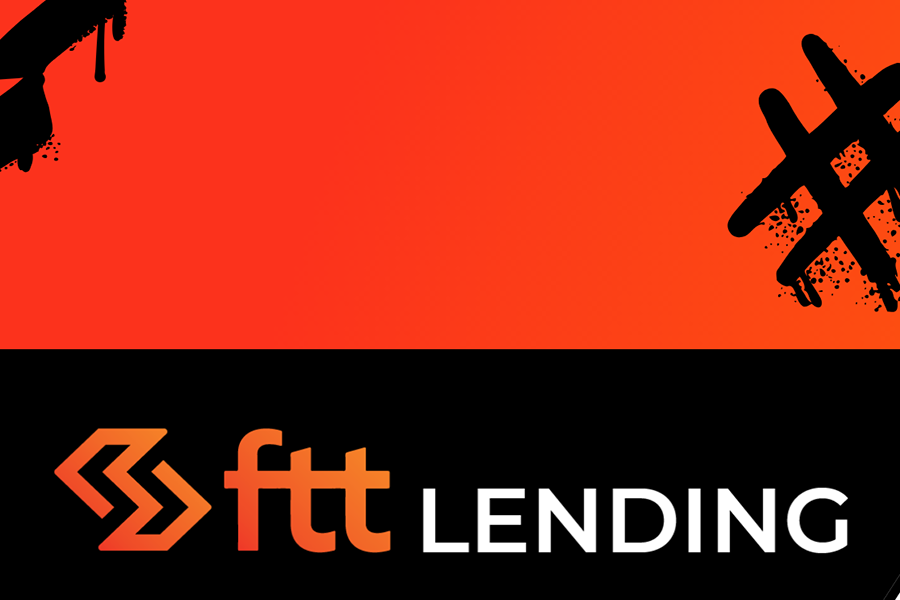How to avoid the sludge practices your customers hate
Improve compliance and reduce risk by addressing obstacles that undermine customer trust and financial well-being.
Watching out for sludge practice
Sludge practices create unnecessary, irritating and detrimental barriers for customers.
These can include:
- Confusing payment portals
- Excessive paperwork
- A lack of transparency
- Repetitive processes
- Over-complicated language or numbers
They can lead customers to disengage entirely or miss crucial payments, worsening their financial struggles.
While these issues affect everyone, they disproportionately impact vulnerable individuals, including those with low literacy or numeracy skills, English as a second language, learning differences, or those experiencing mental health challenges.
Sludge practices directly contradict the principles of Consumer Duty, which requires financial firms to act in good faith, avoid foreseeable harm and empower customers to manage their finances.
Under Consumer Duty, collections teams have a responsibility to:
Communicate clearly
Take an honest look at your customer-facing processes and make sure you are using language that’s easy for everyone to understand, avoiding internal collections jargon, tricky maths or terms that could confuse customers.
The simplest approach is to make information easy to understand for people of all abilities. Customers can then make informed decisions without feeling overwhelmed or lost in technical details. It reduces barriers and supports better outcomes, which is in line with Consumer Duty principles.
This webinar shares expert advice on how to improve communication with customers in debt.

Cut the negative friction
Make it easy for customers to pay or get help. If your processes are hard to use, customers will give up.
The goal: Allow customers to switch channels easily without having to start over.
The Fix: Store all data in a single hub. If a customer switches from web to phone, they shouldn't have to repeat their story. Frustrating them now makes it much harder to engage them later.
Offer plans that stick
Generic payment plans often fail. To help customers succeed, offer flexible solutions like payment pauses or extended terms.
How? You need deep data on their income and expenses. This allows you to build a sustainable, personalised plan that fits their budget, rather than a generic plan that pushes them back into debt.
Act before the crisis
Modern software allows you to spot pre-arrears signs. By anticipating trouble, you can offer help before the customer misses a payment.
This proactive approach reduces decision fatigue. When customers are stressed, making decisions is hard. By offering clear, helpful options early, you help them avoid bad outcomes – a key requirement of the Consumer Duty.
Continuously monitor and improve
Sludge creeps back in over time. You need to hunt for it constantly.
- Audit: regularly check your journeys for new friction points.
- Ask: Use customer feedback to find out where they are getting stuck.
- Result: A smooth journey builds trust. When customers trust the process, they are more likely to complete it and resolve their debt.
Conclusion: Build bridges, not barriers
At its core, sludge is a failure of empathy. It happens when systems are designed for the business, not the human being at the other end.
To meet the high standards of the Consumer Duty, collections teams must build bridges between their customers and their process.
Whether it’s through clearer wording, smarter data use, or proactive support, every step you take to remove friction is a step toward a better customer relationship.
When customers feel guided rather than trapped, they are far more likely to engage. Clear the sludge, and you clear the way for a resolution.






